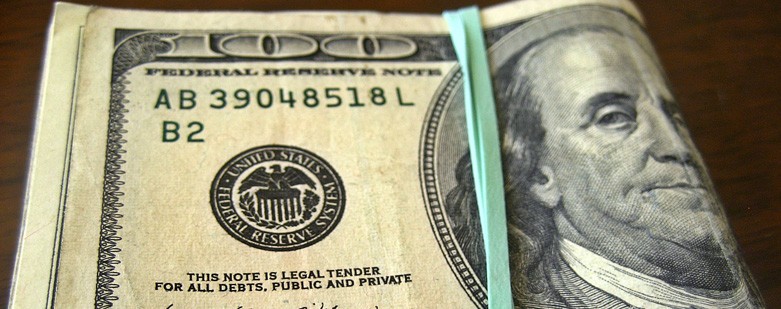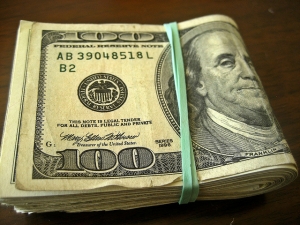
Reform in the Age of Corporate Lawyers
In the post-Citizens United era, wealthy corporations and individuals think democracy is a trophy they can buy, stuff and mount on their parlor walls.
But now Americans are reclaiming democracy with an important victory: the recent Federal Communications Commission decision requiring television broadcasters to post data about political ad spending online.
The FCC’s ruling was a solid win for anyone hoping to shed light on money, politics and the media in a time when shadowy groups and campaign operatives are spending billions of dollars on misleading political ads. The FCC ruling will help everyone get a clearer picture of the moneyed interests behind these ads.
But as with any hard-won reform in the age of big-money politics, this positive change may be undone by a generous application of corporate lawyers, lobbyists and campaign contributions.
The National Association of Broadcasters knows that, which is why it recently filed a lawsuit to reverse the FCC’s landmark decision. That’s why it spent more than $9 million to buy support from members of Congress on both sides of the aisle and spent nearly $14 million on lobbyists in 2011 alone.

The National Association of Broadcasters doesn't want to show you the money.
And it’s why a no-brainer like asking broadcasters to be more transparent — and better disclose the billions of dollars they’re taking from special interests to air toxic political ads — is now at risk.
With a bottomless reserve of lawyers, broadcasters are betting they can overturn a victory that tens of thousands of people fought hard for, a rule change that met with near-universal support in the non-broadcast media and among public interest advocates.
For decades, broadcasters have kept the public in the dark about their massive election-year windfalls. The news outlets they own have certainly kept quiet on this issue. (See ABC, which Disney owns, CBS, which CBS Corp. owns, Fox, which News Corp. owns, and NBC, which Comcast owns.) It’s a conflict of interest where their profit-making concerns trump the media’s duty to educate viewers about the forces behind modern-day elections.
In the two years since Citizens United took effect, Super PACs and independent third-party groups have spent hundreds of millions on political ad buys for local television. That amount is expected to double before viewers become voters in November.
The FCC’s response is an obvious solution: Require stations, which already archive this information for public view in paper files, to post ad spending data on the Internet, where anyone can see it. What’s been missing as deceptive political ads have inundated TV viewers is a full accounting of the billionaires and corporate slush funds that fund these ads.
The FCC decision is a milestone in the fight against political dominance by traditional media and the one percent.
It defies every ounce of conventional wisdom in Washington by proving that activists, bloggers, consumer advocates and everyday people could join forces to defeat a corporate agenda.
Don't let the lawyers undo that.
Original photo by Flickr user 401k
If you care about ensuring media transparency, please consider a donation to the Free Press Action Fund.